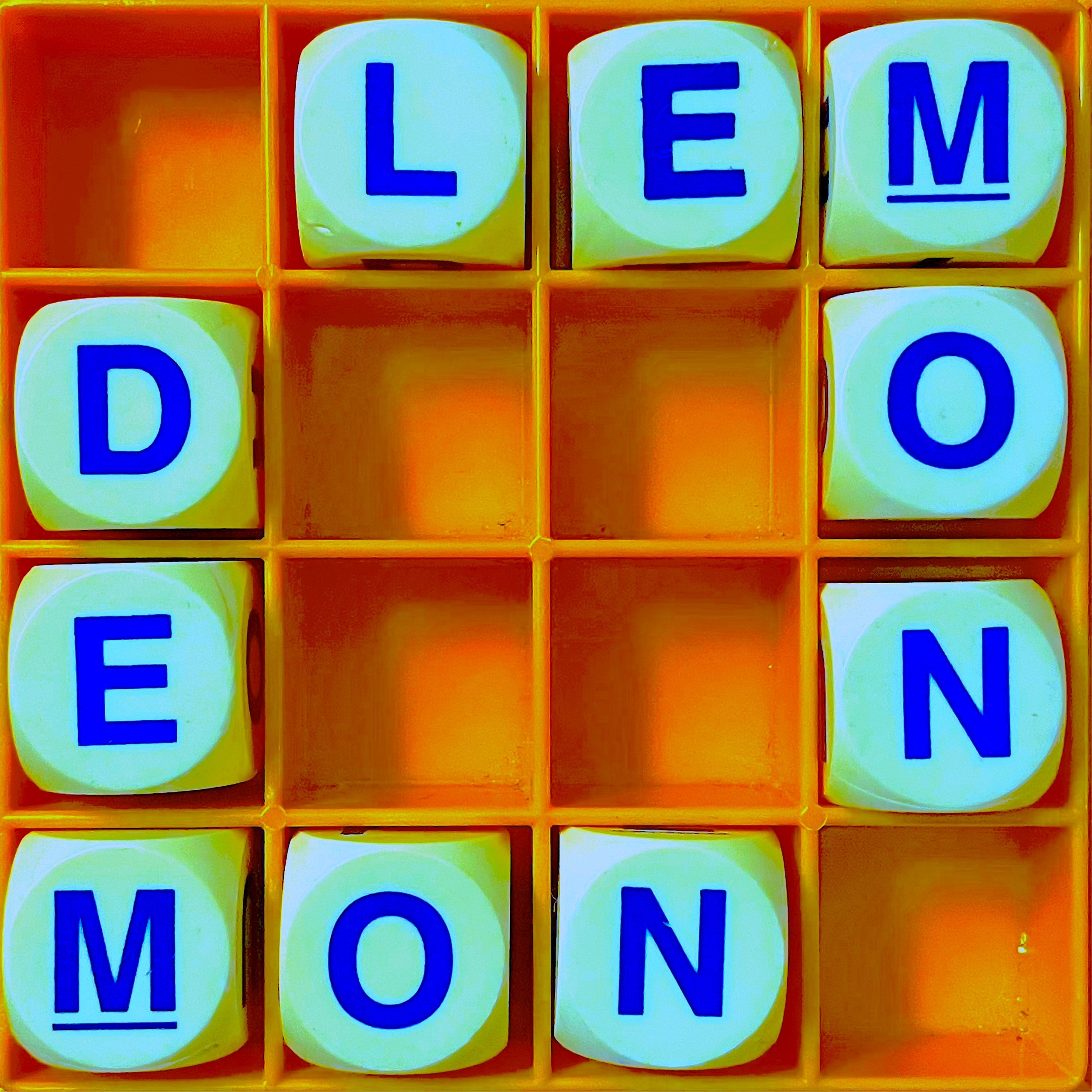HZ: What would make you happier: if nobody solves it or if lots of people solve it?
JOHN FINNEMORE: Oh, lots of people, without question. I hope it's not trivial, but any puzzle has failed if nobody solves it.
Read moreYour Custom Text Here

HZ: What would make you happier: if nobody solves it or if lots of people solve it?
JOHN FINNEMORE: Oh, lots of people, without question. I hope it's not trivial, but any puzzle has failed if nobody solves it.
Read more
ERIK AGARD: What I see a lot in crosswords is, I think, not unique to crosswords where historically they've been for a very specific cross-section of an audience. They're written with certain people in mind, and certain other people not in mind. And I think we're starting to see the tip of the iceberg of some changes that expands the range of who they're for.
Read more
AJ JACOBS: Anagrams played a part in a trial, sort of a witch trial in the 1600s in the UK. And it was a woman who was put on trial for claiming that she was a prophet. Part of her proof was that if you rearrange the letters in her name - her name was Eleanor Davies - if you rearrange it, then it says, ‘Reveal, O Daniel’, as in the prophet Daniel. I don't believe that that was proof she was a prophet. They came down on her hard in the trial, so they said, “If you rearrange” - her married name was Dame Eleanor Davies - “and you rearrange those letters, it spells ‘Never So Mad A Lady;.” So like, “she's so crazy.” So that was how she was convicted. And by the way, that was when anagrams were easier, because there were so many spellings.
Read more